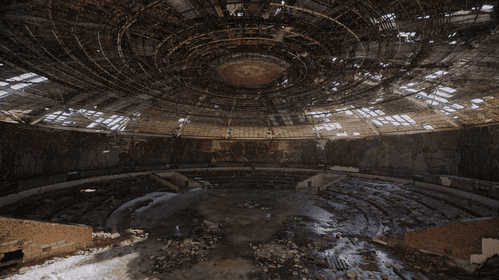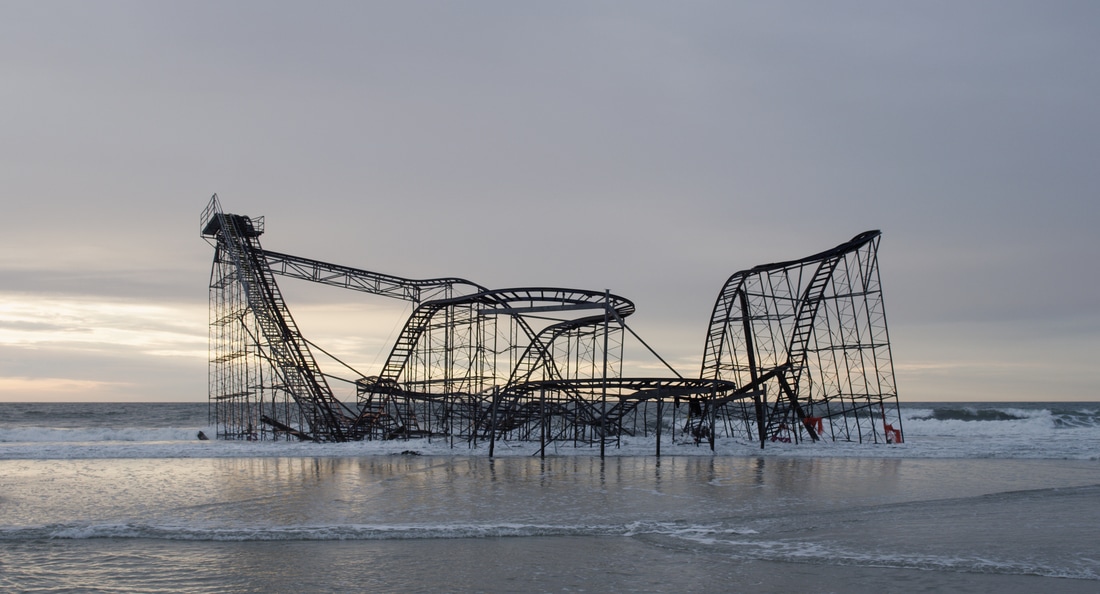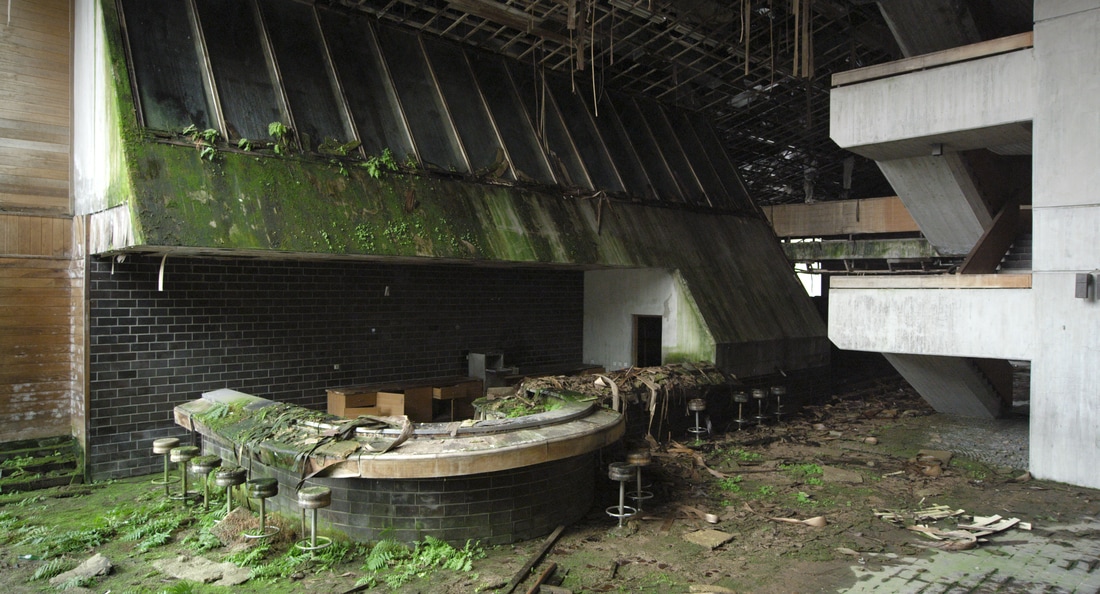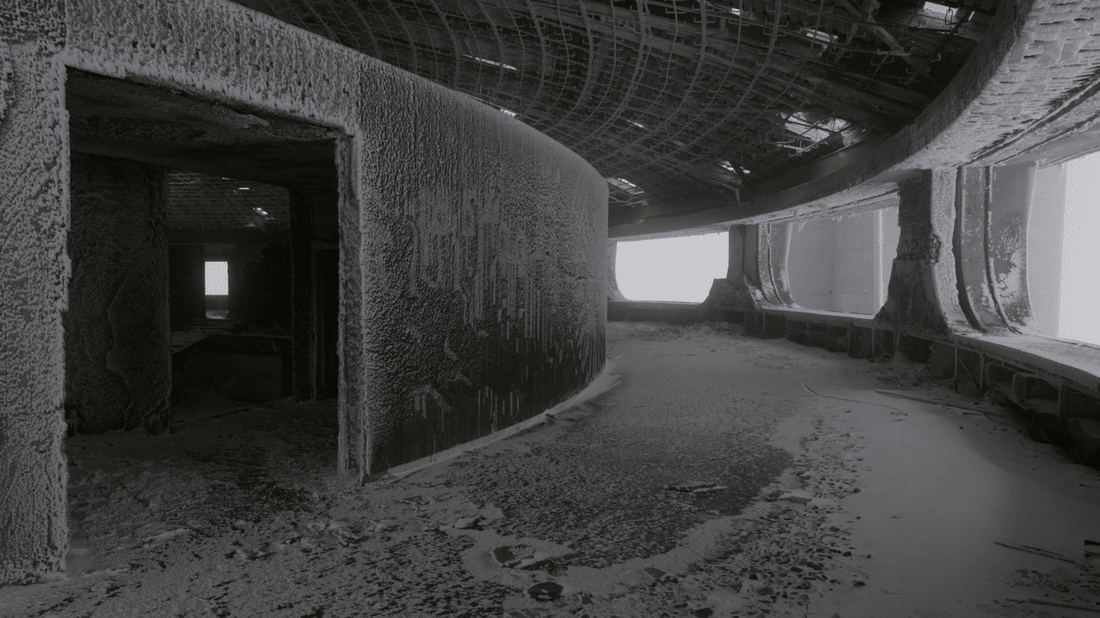 Nikolaus Geyrhalter's Homo Sapiens is a film about fraility and control, an art installation of sorts about human existence, the structures we've built, the spaces we occupy, and the fragility and finite nature of life as we know it. Exhibiting the lack of value material possession has in the scope of nature and time, Homo Sapiens encapsulates the preciousness of life, detailing not only the deteroriation time has over all things, but also how little control humanity has over the external forces of nature, tapping into how truly insignificant our socially-constructed society is when it comes to the scope of time itself. A film that features absolutely no dialogue, or human-beings for the matter, Homo Sapiens provides beautiful compositions of the places which humanity once inhabited, a place where structural decadence often meets decay. From barren deserts to lush forests, Homo Sapiens encapsulates the far-reaching influence of humanity, juxtaposing the vast influence our cities, structures, and societal constructs have had all over the globe. From playgrounds to prisons, office complexes to shopping centers, Homo Sapiens touches on nearly every aspect of society as we know it today, exhibiting the resiliency of nature and its all consuming ability to provide rebirth. Homo Sapiens is a film that begins to feel like a post-apocalyptic experience, with the utter isolation, deterioration, and stillness providing an experience that is simulatenously soothing and haunting. The film taps into a sense of rebirth through mother nature's long reaching arms, exposing how the external forces of life itself are often far stronger and more vast than any of human societies' endeavors. From simply a photography perspective, Homo Sapiens is a stunning achievement of the highest order, a film that is both intimate and grandoise in its compositions, using depth of field, lighting, composition, and space to create an atmospheric portrait of society, one that is transcendant in its ability to provide perspective of life in the face of time. Nikolaus Geyrhalter's Homo Sapiens is a meditative experience, a film that's imagery can be transcendant, an artpiece which taps into the fundamental aspects of human existence, sharpening the viewers' perceptions of the present while evoking a deeper consciouness about the fragility of existence and humanity as we know it.
0 Comments
Leave a Reply. |
AuthorLove of all things cinema brought me here. Archives
June 2023
|



 RSS Feed
RSS Feed
